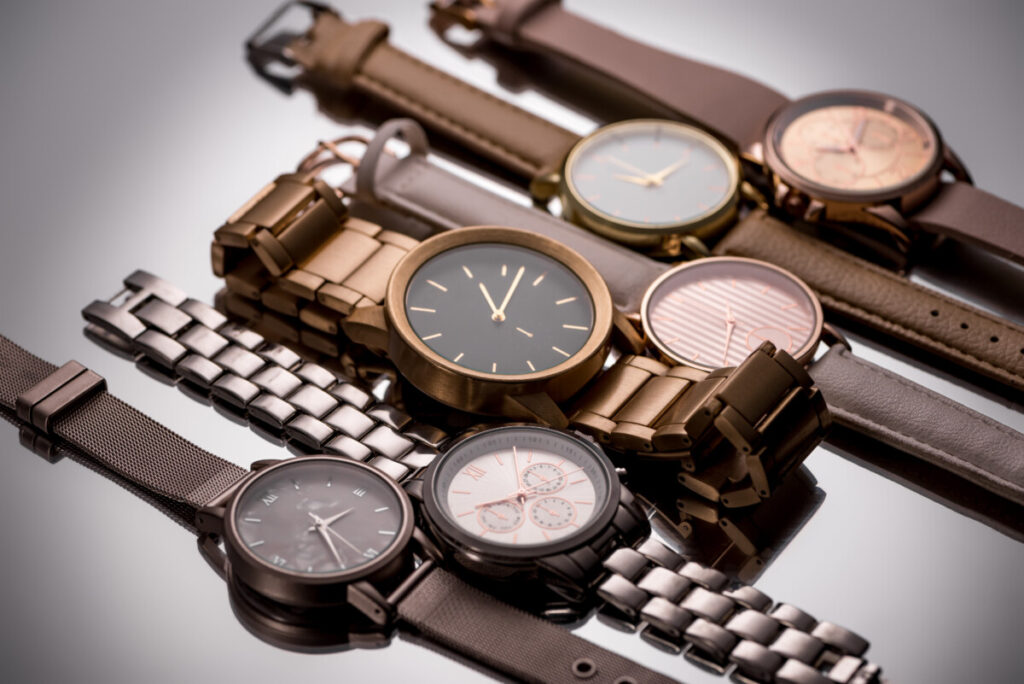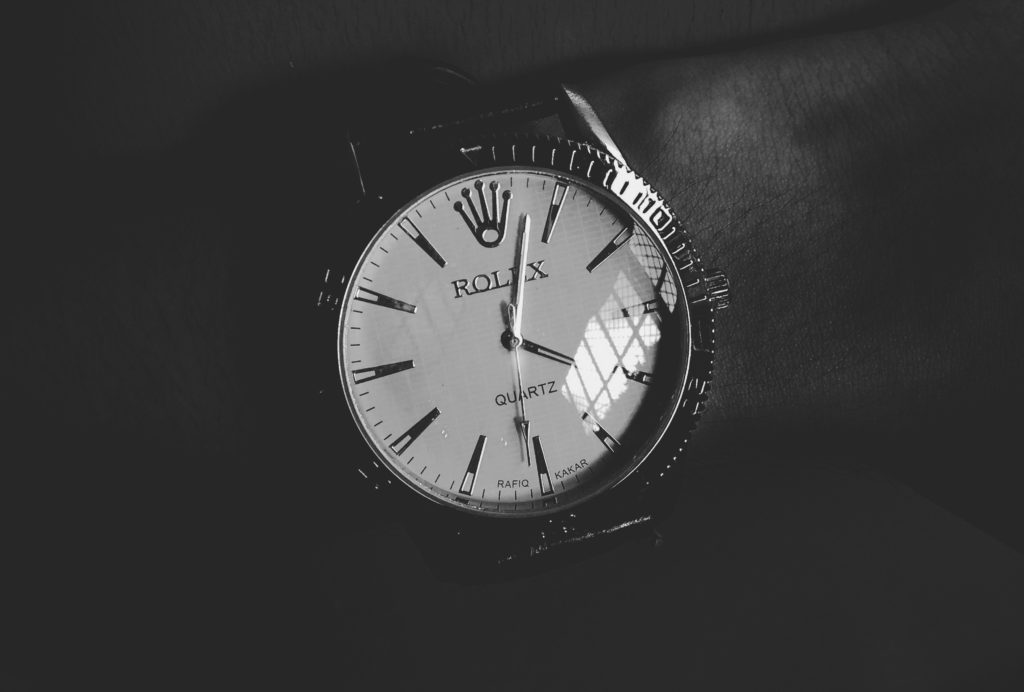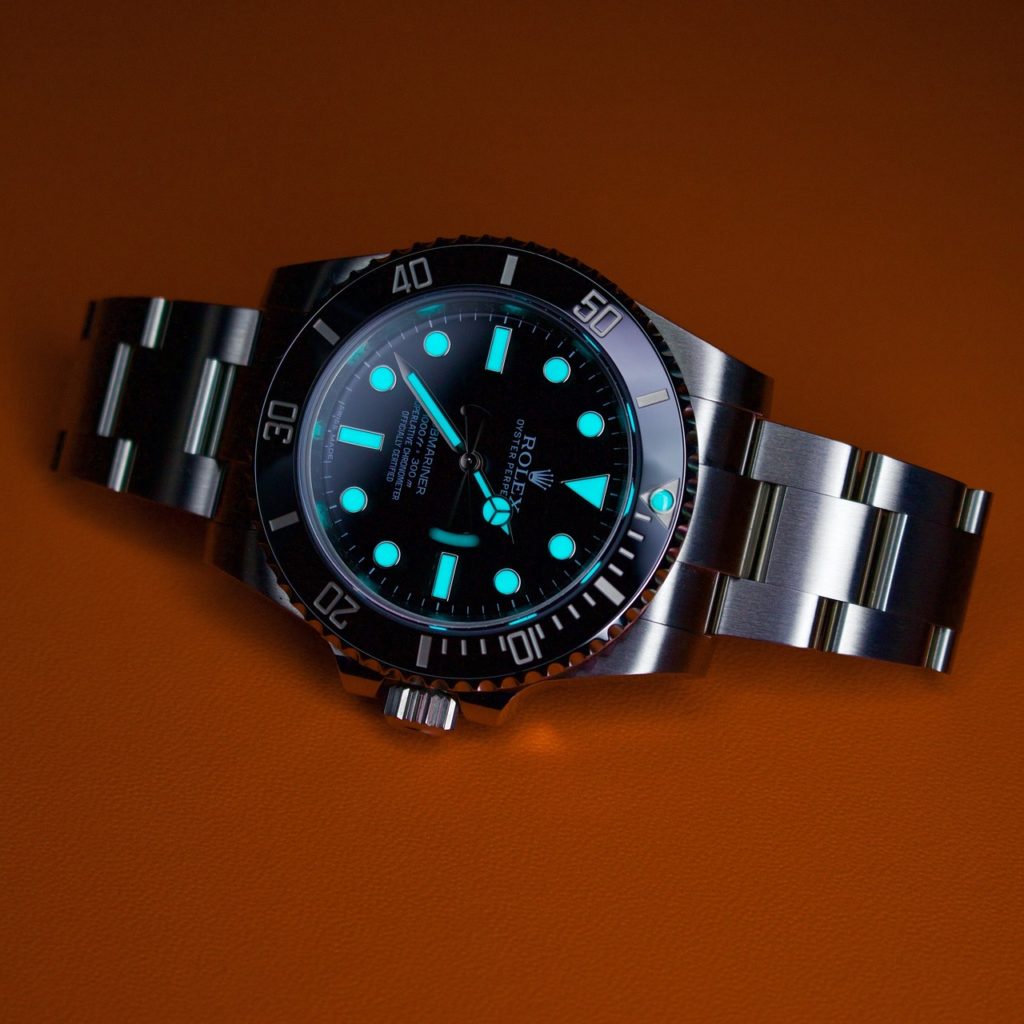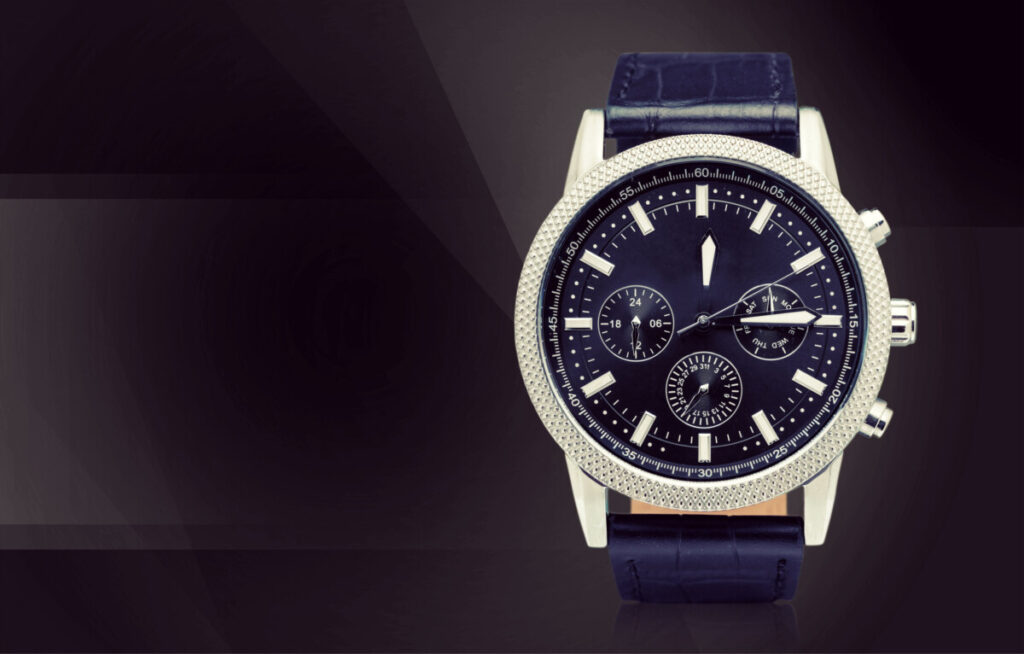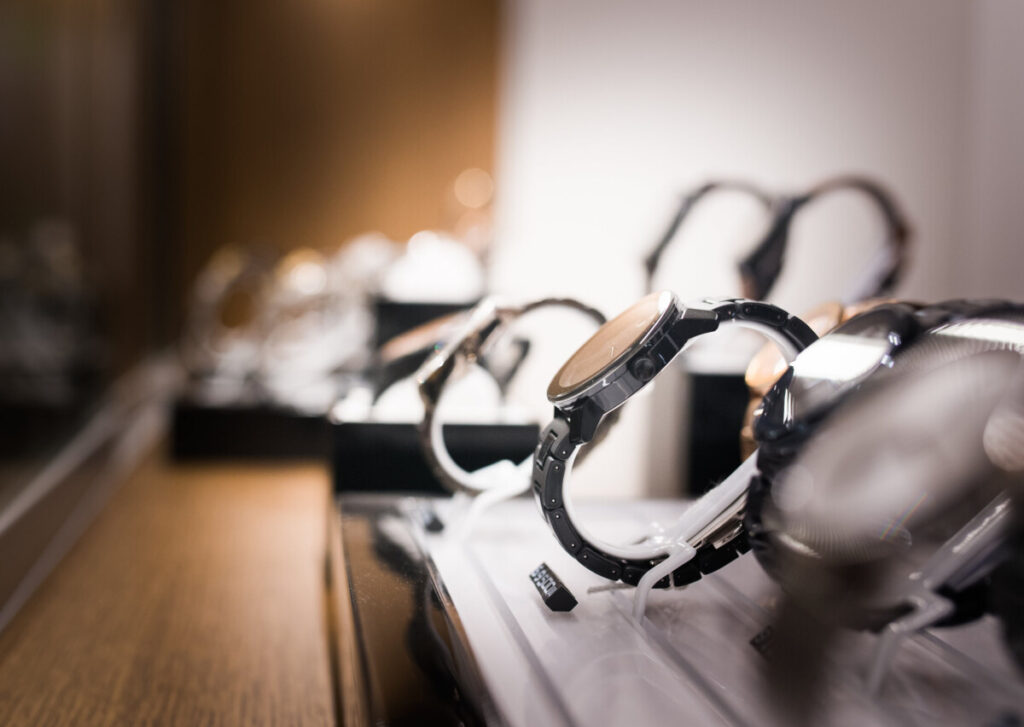Prefer to listen to us read this article? Click here!
Watches have many uses. You may want one that will actually tell you the time or you might just want to wear one as a flashy fashion statement. Mechanical watches (also known as automatic watches) are one of the most popular watch types to buy nowadays because of their style, durability, integrity, and design. But that still leaves the question as to whether you should get one or not!
If you are or have been wondering whether it’s worth it to get a mechanical watch, you have come to the right place. Mechanical watches have many virtues to be sure, but there might be a couple of flaws you should know about before you invest in one of them. Below you will find a list of things to be aware of when you begin your hunt for your first mechanical watch.
Hopefully, knowing a few of these things will help you to decide which watch is right for you and even if a mechanical watch is the right choice at all.
1- Mechanical/Automatic Watches: How They Work
The first thing you need to understand about mechanical (or automatic) watches is how they work. The lifeblood of almost any watch is the mainspring which is tightly wound (similar to a measuring tape). This mainspring will slowly unwind over time, causing the watch to tick. When that spring uncoils all the way, it needs to be rewound. In the case of a manual watch, you would have to rewind the watch every time the coil becomes unwound.
However, with an automatic watch, you will never have to worry about this. Automatic watches have a mainspring, as well as manual ones, but they also have a rotor attached to them. This rotor is attached to both the mainspring and your watch’s wristband.
When you move your wrist, you create movements that the rotor can use to wind the spring back up. So, in essence, you are the motor that keeps your watch ticking! Having an automatic wind on your watch is one of the most appealing things about mechanical watches. You won’t have to worry about it stopping (until it has become extremely old and worn) and you’ll have the satisfaction of knowing that your watch will be a reliable tool for telling you the time 24/7.
2- Style
If you are a person with an impeccable sense of style, a watch could be just the accessory you need to complete your look. Automatic watches are some of the most popular watches on the market right now which means they are not at all difficult to find. This since this is the case, there’s no need to stress about finding one that can perfectly suit your needs.
These watches come in a thousand different styles and designs which means you can customize your watch to fit your style. Style alone is one of the biggest reasons people buy mechanical watches. Versatility is a very prominent and desirable feature that suggests that there is a watch out there for everybody. Watches have become an accessory that everyone can enjoy.
3- Sensitivity/Resistance
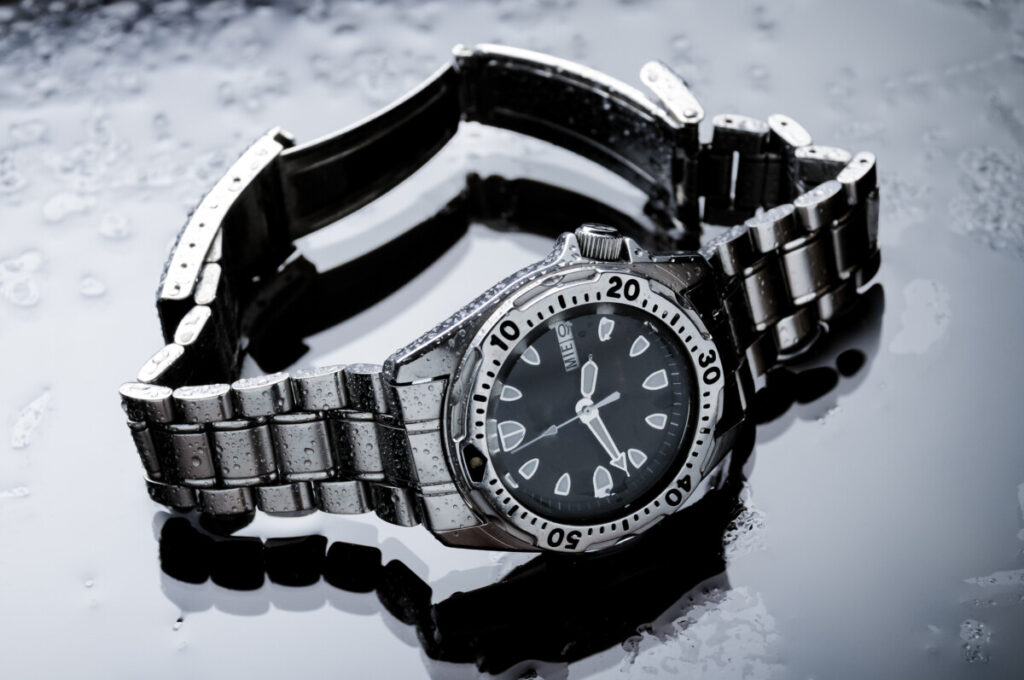
One thing to watch out for when buying a watch is the sensitivity and resistance of the device. While almost every watch is created with waterproof seals and gaskets, some may or may not have issues with sensitivity to climate/environmental changes and shifts. For this reason, you will need to be careful when testing your watch’s water resistance, because too many dunks in the sink or the pool will likely result in corrosion and premature wear and tear.
If you need a water-resistant watch, however, there are lots of options for diving watches out there. These will sometimes be a little more expensive than your ordinary mechanical watches, but if you are a swimmer or in a line of work that requires you to get your hands wet regularly, it may be worth that extra cost.
If you are unsure whether you can dive with the watch you currently have, you should probably avoid testing that theory out on your own. You can call the watch’s seller or manufacturer to find out whether it’s waterproof, but don’t just dunk it under and see if it survives. If it breaks, that is an unfortunate way to learn the limits of your watch.
4- Maintenance
Another one of a mechanical watch’s glorifying traits is that little to no maintenance is required to keep it in working order. If you purchase a watch with low sensitivity and a powerful sealant system, you shouldn’t have any problems with it. Keep it away from magnets and moisture of any kind, but otherwise, there’s not much that needs to be done. Just give it a good polish now and then and you’ll be good to go.
Unfortunately, however, any maintenance that needs to be done cannot be undertaken by you, and it can sometimes be fairly expensive. Unless you are an expert watch repairman or enthusiast, you should know better than to mess with a watch on your own. Watches are finicky things and if you were to make a wrong move, it could mess the mechanism up completely and permanently.
If you suspect there is something wrong with your watch or you’re winding it and nothing is happening, the best course of action you can take is to take it to a repair shop and get it fixed. Again, unless you know exactly what you are doing, you should not attempt any sort of repair on your own, lest you ruin the watch permanently.
5- Determining Quality
Whether you have paid for a high-quality watch depends on a couple of things, including its weight, the materials, and the accuracy. Most quality watches are constructed primarily from steel, gold, platinum, or something of a similar caliber. If the metal or coloring scratches off easily, you should probably get a different piece. You should be able to determine something about the quality and the material by paying attention to the weight of the watch. If it has indeed been built with gold, platinum, silver, etc, it will be on the slightly heavier side.
You will also want to keep a close eye on your watch’s accuracy. Most mechanical watches will be several seconds behind or ahead of the actual time and that is perfectly normal. However, if you find that your timepiece is constantly running far behind the actual time, you may want to start questioning the watch’s reliability. If there are any doubts in your mind, you can also call your watch’s manufacturer and they will hopefully help you get some answers.
A telltale sign of quality is if you purchase your watch from a company that has a long-lasting warranty for its products. If this is the case, you won’t have to worry about paying through the nose for repairs or replacements. The company will do it for you at no extra charge. Double-check this before investing in any watch!
6- Brand Reliability
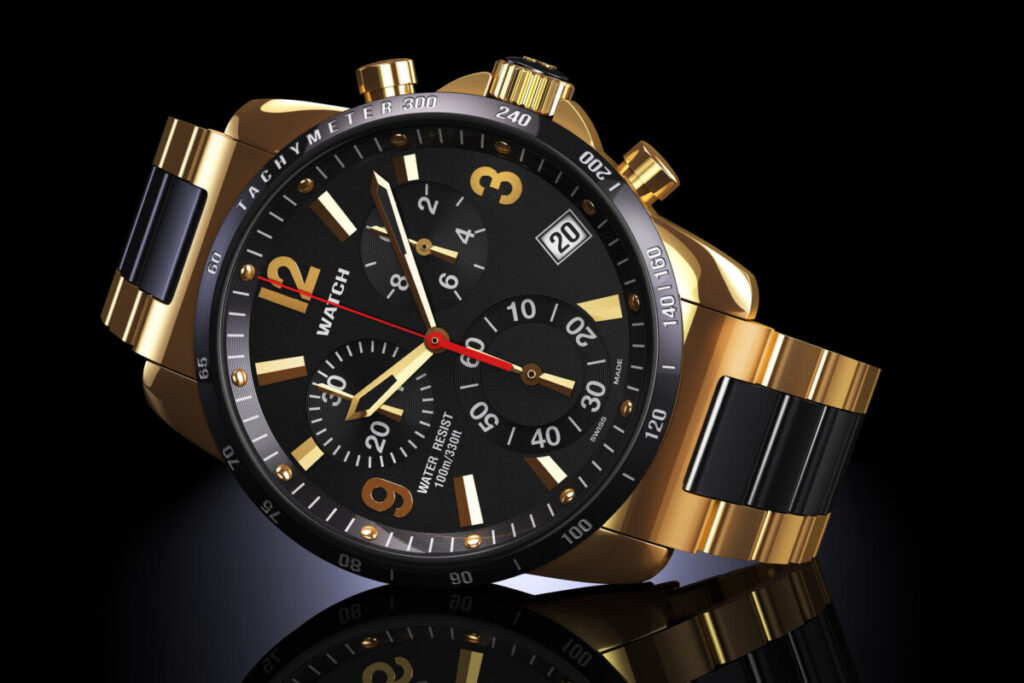
Yes, believe it or not, branding does make something of a difference. However, don’t mistake a big name brand for quality because the two of them are not even close to the same thing. Brands like Rolex and Cartier have nice watches but they aren’t always designed for telling time per se. The most expensive watches work fine, but they are more often used as status symbols.
Mechanical watches are used equally often to accessorize and accentuate outfits. Talk to some trusted people/friends who have owned watches before to get some tips on where to buy from. Brands like SKX and Seiko are both fairly reliable brands that offer extended warranties on their products.
Warranty is one thing you should pay close attention to. As mentioned above, it is almost always smart to buy a watch from a brand that offers extended warranties. That way, you will be able to experience peace of mind upon your first purchase.
7- Potential Issues
Like any device, automatic watches are going to come with their fair share of problems. If you are going to purchase a mechanical watch, you will undoubtedly want to be in the know about these issues. If your watch suddenly stops while you’re wearing it, you can dismiss the possibility that its battery died (because there isn’t one).
The first thing you should try to do is the old-school solution: wind it up! Even if your watch is brand new, it’s possible that there simply isn’t enough power in reserve. Try winding it a few times to see if that kickstarts it. Keep in mind that winding is one of the very first things you should do if your watch abruptly stops working. If you panic when it quits and rush into the repair shop, you may be spending unnecessary time and money on getting it fixed.
Try winding it 40 or so times before you decide that something is wrong with it. Then take it to the repair shop for the experts to take a good look at it. One possibility is that you are not being active enough to generate enough movement for the rotor to wind the mainspring. Try moving your wrist around a few times or taking a quick walk to stock up the power reserve.
You can also try to shake the watch a couple of times to see if the rotor moves at all. If you happen to have a desk job or some other profession in which your wrist is not able to move around a lot, you will need to invest in a watch with an extremely high-quality rotor. A mediocre rotor is not going to do its job and you’ll find yourself having to wind the watch quite a lot to get it to function the way it’s supposed to.
You could also be facing a magnetic problem. You should try to keep your watch away from magnets at all costs because if a magnet comes into contact with the back of your watch, it will pull all the pieces out of alignment and cause dysfunction. It will drastically decrease the watch’s accuracy, and in severe cases, it may even cause the watch to stop altogether. This problem will require an expert hand to be fixed (as mentioned before, you should NOT attempt this repair on your own!).
8- Pricing
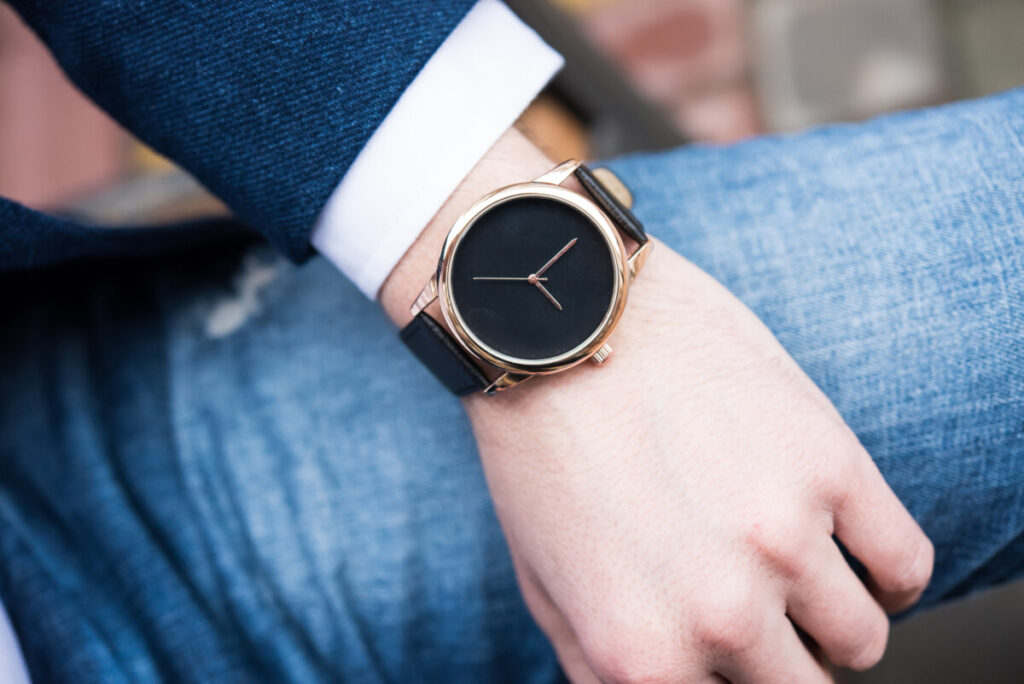
This is another tricky hill to climb. Pricing for mechanical watches can be all over the place. However, with the kind of craftsmanship you see nowadays, it is common for mechanical watches to be pretty expensive. This is why the decision to get one should be carefully considered and thought over. You can sometimes buy decent watches for under $500 but these are often battery-powered rather than mechanical.
The mechanical watches you can find are usually somewhere around $500-$1,000 or more unless you were to score a good deal on one. If you wanted to go the super expensive route, you would buy a watch from some high-quality brand like Rolex or Cartier (though keep in mind that these watches are sometimes purchased more for their style than their reliability).
It would probably be a good idea to thoroughly read some customer reviews before you get one. Even though the price may be high, a high price will often signify that you have purchased a quality item. Your watch will probably be expensive if you want it to last for a long time, but you will almost always be getting your money’s worth if you are willing to pay top dollar for a watch. Just keep that in mind if you wince a little at the initial price tag!
Conclusion
Most people would say that a mechanical watch is perfectly worthwhile. While mechanical watches do have their flaws and the price may be high, it is pretty likely that you’ll be able to appreciate the benefits of the watch for years and years to come. These watches are finely crafted and will last for multiple decades if you treat them right.
Of course, you will have the final say on whether it is worthwhile to you or not, but if you are trying to find a watch that looks nice and is of good quality, I’d say you’ve met your match right here. Get a mechanical watch and you won’t be sorry!

